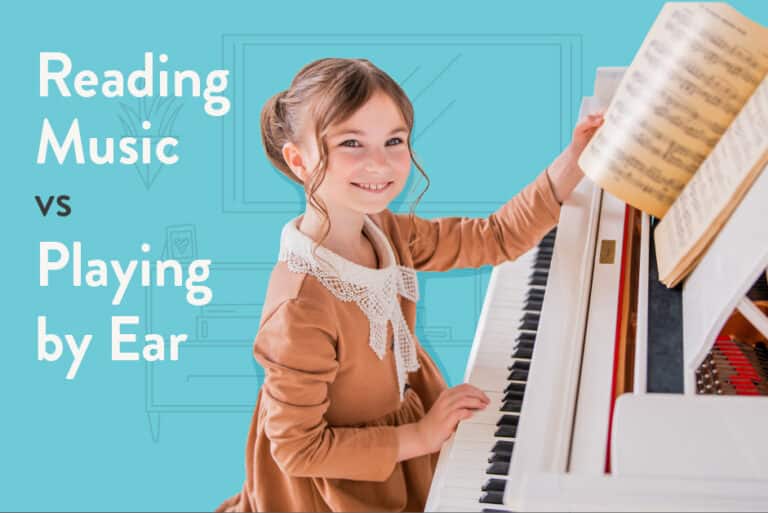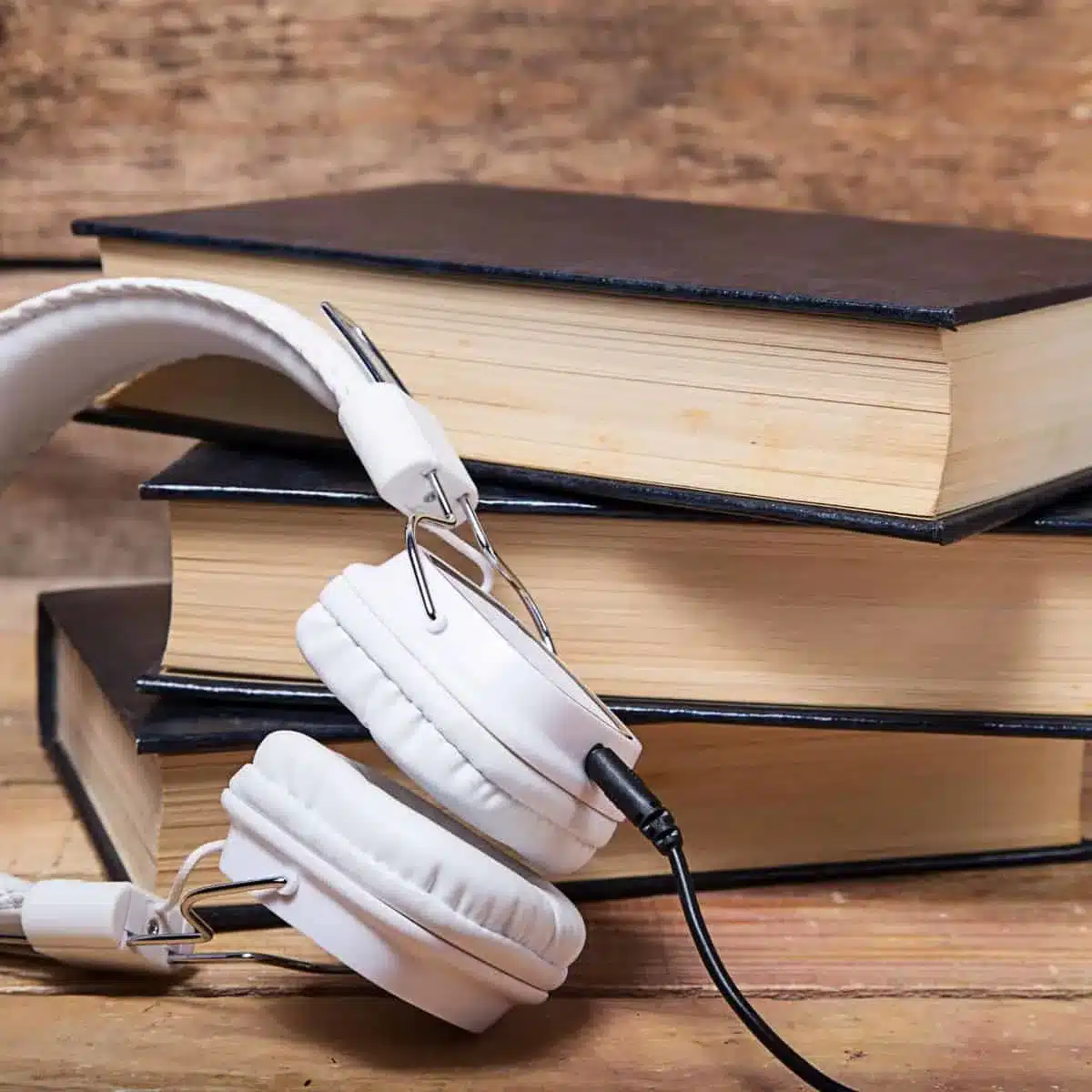Discover the profound benefits of playing music in our latest article. Unleash your inner Mozart or rockstar, as we delve into how mastering melodies can impact your cognitive abilities, emotional well-being, and social connections. Whether you’re a beginner or a seasoned musician, this guide will shed light on the positive effects of music on the brain, body, and soul. Join us as we explore the science-backed benefits of playing music — a compelling fusion of pleasure, discipline, and creativity that can elevate your life in ways you never imagined.

“Understanding the Emotional Benefits of Playing Music”
Delving into the emotional benefits of playing music, we find that it’s a potent tool for emotional expression and mental health. The act of creating music allows individuals to articulate their feelings in a non-verbal manner, promoting emotional release and stress relief. Furthermore, playing music can uplift our mood, reduce anxiety, and improve our overall emotional well-being. It acts as a therapeutic outlet for managing emotions, helping individuals cope with depression, loneliness, and other emotional struggles. Therefore, adding music to your daily routine can significantly enhance your emotional health, making it an integral part of a balanced lifestyle.

“Improving Cognitive Skills through Musical Practice”
Playing music has been scientifically proven to enhance cognitive skills, acting as a workout for the brain. As one hones their musical abilities, it ignites all areas of child development and skills for school readiness, including intellectual, social-emotional, motor, language, and overall literacy. The exercise of learning and practicing music aids memory, attention, and even the ability to convey emotions. In long-term, the practice of music can help improve mathematical abilities and even boost IQ in some cases. Thus, incorporating musical practice into your routine can serve as a powerful tool to improve cognitive skills.
“Physical Health Benefits: How Playing Music Boosts Your Well-being”

Playing music is more than just a creative outlet, it can also provide substantial physical health benefits. Engaging in this dynamic activity promotes better coordination, enhances cardiovascular health, and helps reduce stress levels. Regularly playing an instrument can even improve your immune response, making you less susceptible to illnesses. Whether it’s strumming a guitar, playing a piano, or blowing a trumpet, the practice is akin to a full-body workout. So, not only does playing music soothe your soul, it significantly boosts your overall well-being, making it an ideal routine for a healthier lifestyle. Let’s dive into how making music can be your new fitness regime.
“Social Advantages: Building Connections through Playing Music”
Playing music provides an array of social benefits, often overlooked yet incredibly invaluable. Engaging in music-making activities, whether it’s jamming with a band or performing in an orchestra, fosters a unique sense of community and camaraderie. It enhances one’s ability to communicate and cooperate with others, thereby strengthening social bonds. This shared passion for music acts as a catalyst in establishing meaningful relationships. Moreover, playing music in a group setting encourages diversity and cultural understanding as it often brings together individuals from varied backgrounds. Thus, the social advantages of playing music contribute significantly to building connections and nurturing interpersonal skills.
“How Playing Music Influences Personal Growth and Development”

Engaging in music-related activities, whether it’s playing an instrument or singing, can significantly contribute to personal growth and development. It can enhance cognitive abilities such as memory, concentration, and problem-solving skills. Additionally, music can also foster emotional intelligence by allowing individuals to express and understand emotions. Moreover, playing music often involves discipline, patience, and dedication, traits highly beneficial in all areas of life. Hence, incorporating music into one’s routine can lead to holistic development, nurturing both intellectual and emotional facets. It’s not just about creating beautiful melodies; it’s about reaping the profound benefits that come with it.
